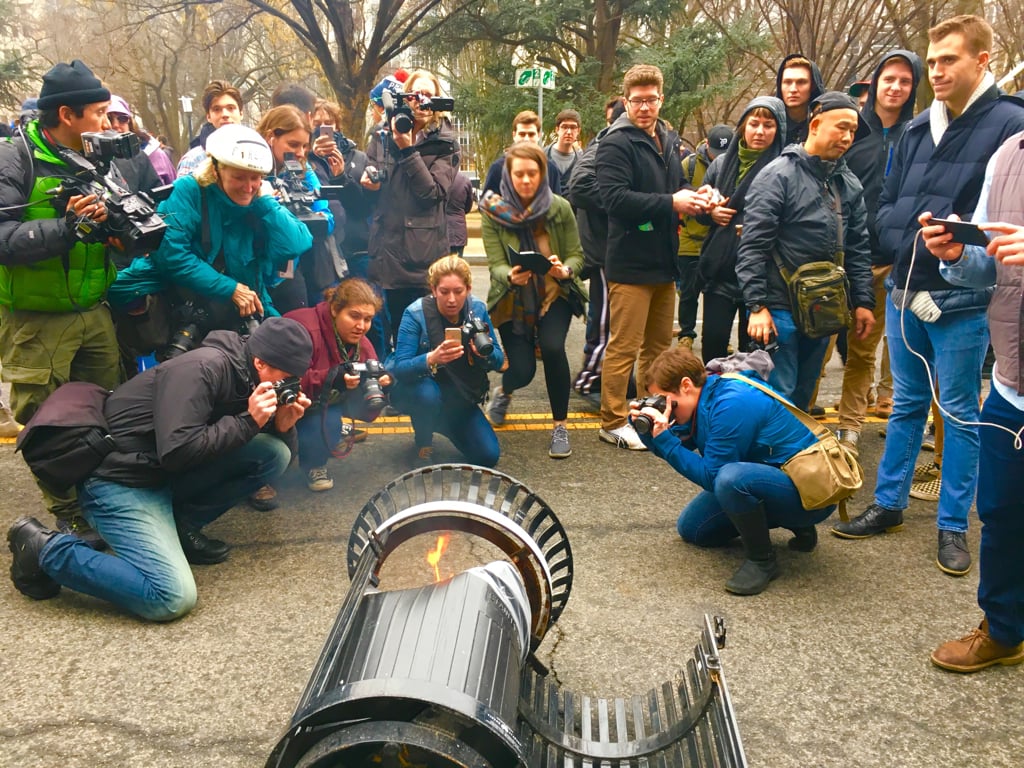If you’ve ever wondered whether it’s a caricature that Washington-area reporters are insular and spend far too much time reinforcing one another’s views on Twitter, a new study has news for you: You’re totally right!
Nikki Usher and Yee Man Margaret Ng of the University of Illinois Urbana–Champaign analyzed bio information and words in tweets among about 2,500 people credentialed to cover Congress and found clusters of “high-ego actors who have tremendous power to shape public information but who are also vulnerable to groupthink, blind spots, and the warped logic that results when an epistemic community folds in on itself.” (Here’s a press release, and I recommend reading the whole study.)
Instead of a monolithic Beltway media sharing the same bubble, however, Usher—a former GW prof who previously found that male journalists amplify one another far more than they do female journalists—and Ng found nine “microbubbles” of DC-area journalists. The largest included people they labeled as part of the “Elite/Legacy Community” (which included people who work for the Washington Post, New York Times, NPR, and “a smaller but still notable portion of Politico journalists”). The White House press secretary’s Twitter account was among these folks’ Top 5 mentions, and their tweets displayed a high degree of insularity, with nearly 7 in 10 tweets directed toward other people in the same cluster.
The top mention for local Washington news reporters was WMATA’s Twitter account, which the authors note is “Not surprising for locals who were experiencing ongoing frustration over DC’s subway.”
Among television producers, Usher and Ng found a surprising exception to the culture wars currently wracking journalism: “While one might presume Fox News journalists would not be engaged with news organizations that the network accuses of left-wing bias, this was not the case.”
The academics found CNN employees to be an insular bubble of their own. CNN host Jake Tapper is “most influential journalist in our network,” but CNN employees displayed a particular “preoccupation with organizational branding” and resembled “a dense peer-to-peer network where CNN content is amplified and reamplified.” The result, they write, is a “powerful echo chamber that leaves CNN’s internal sense about what news matters unchecked and reconfirmed by those who work there.” On Twitter, at least, they found CNN journalists “have limited engagement with other Beltway journalists.”
All in all, they write, the study shows “these patterns on Twitter may be suggestive of an even more self-reinforcing journalistic experience than research has previously acknowledged.”
Disclosure: Usher and I once had a very pleasant conversation over coffee in Georgetown, and we follow each other on Twitter.




















